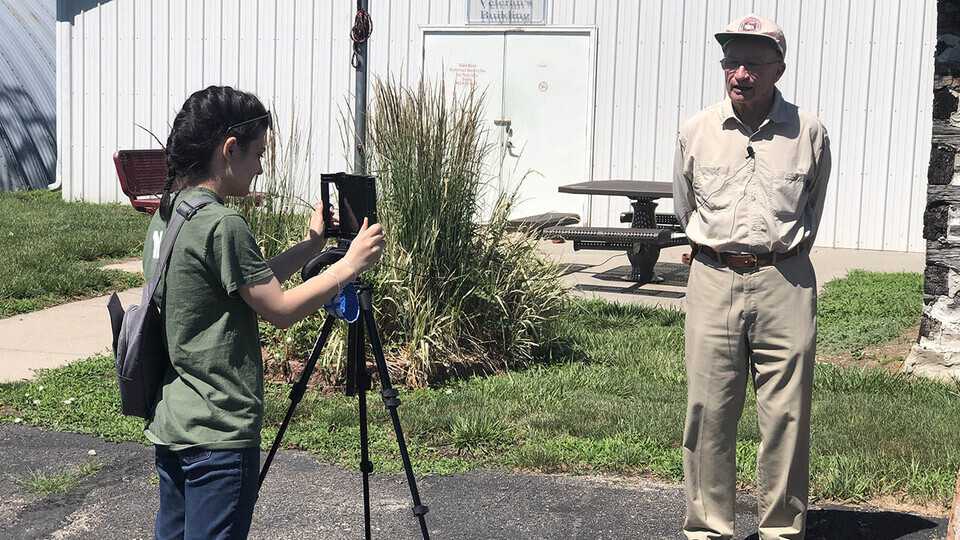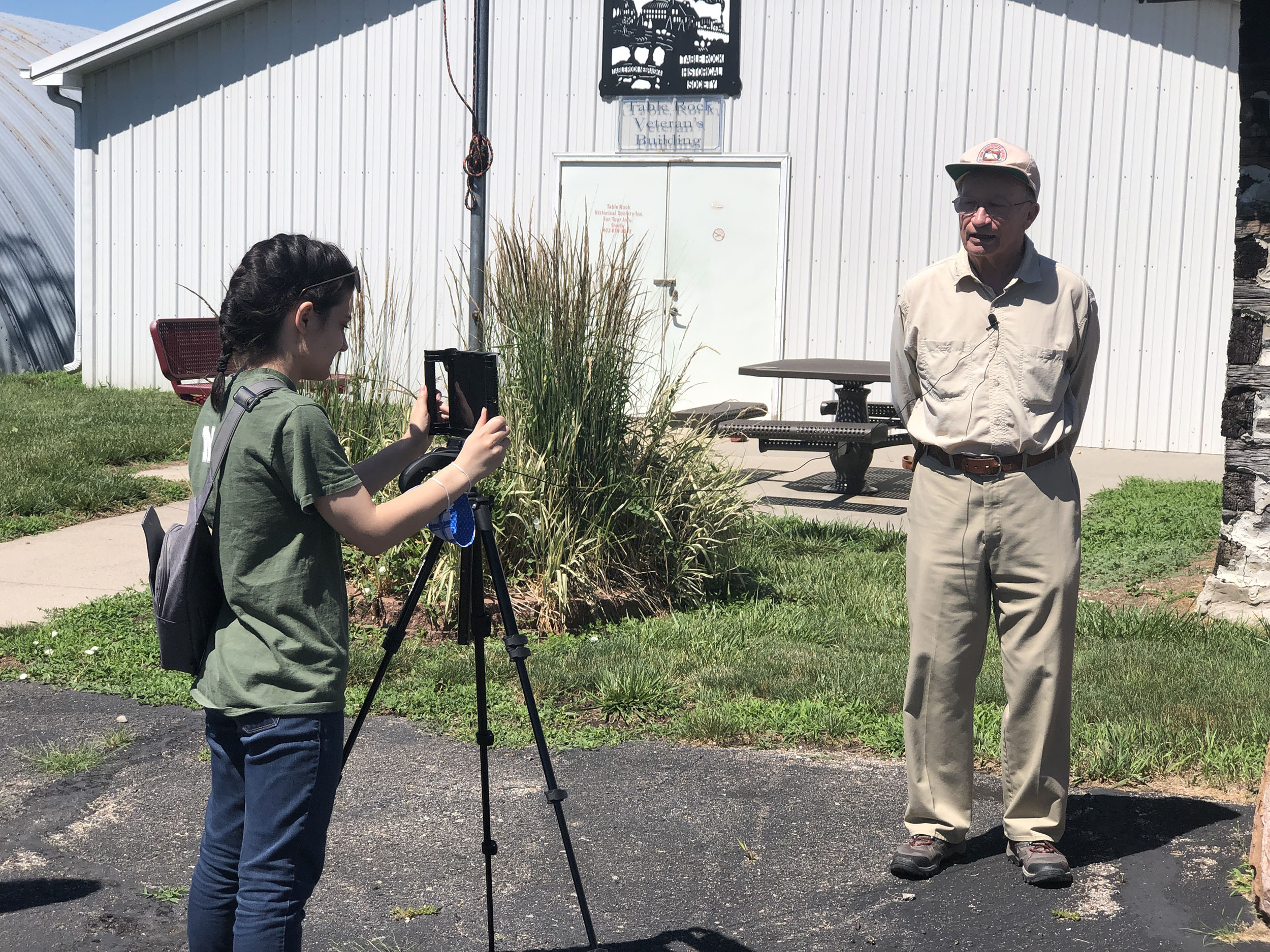
The University of Nebraska–Lincoln’s Institute of Agriculture and Natural Resources will offer grants for communities that participate in the 2021 Rural Fellows program.
Communities that apply for the 2021 program will be eligible to receive up to $2,000 per student fellow. Students typically work in pairs, meaning that communities would be eligible to receive up to $4,000 in support. In all, IANR will provide $100,000 in grant funding. The application period for both students and communities is currently open.
Founded in 2013, the Rural Fellows program places Nebraska college students in rural communities for 10 weeks over the summer. Students work closely with local leaders on projects focused on economic and business development, entrepreneurship, early childhood development, marketing and promotion, and other areas critical to the sustained success of rural communities. The students’ work, on average, results in a $28,000 economic impact per community.
“The students who serve as Rural Fellows have been contributing in real, tangible ways to the success of Nebraska’s rural communities since the program’s inception,” said Mike Boehm, NU vice president and Harlan Vice Chancellor for the Institute of Agriculture and Natural Resources. “At the same time, the program has been a transformative experience for many of the students who have served as fellows. It is a priority to grow this program, and it is a priority to make participation accessible for Nebraska’s rural communities.”
Typically, the program has placed between 15 and 30 students in communities each summer. In 2021, the program will place up to 200 students in as many as 100 communities. This expansion is possible in part because of a new partnership with the Nebraska Community Foundation.
Participating communities pay each student fellow a $5,000 stipend and provide housing.
In awarding grants, preference will be given to communities that are participating in the Rural Fellows program for the first time in 2021. Additional grants will be awarded to returning communities in the order completed applications are received.
For more information on the program or to apply, click here.








